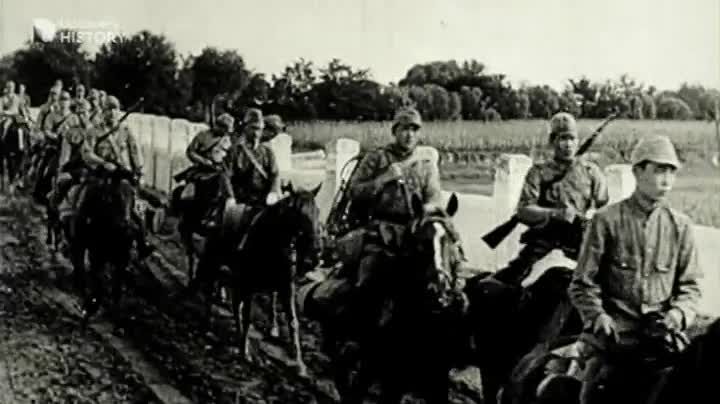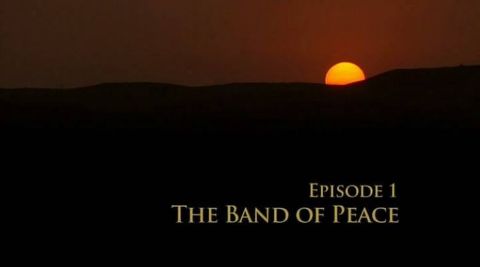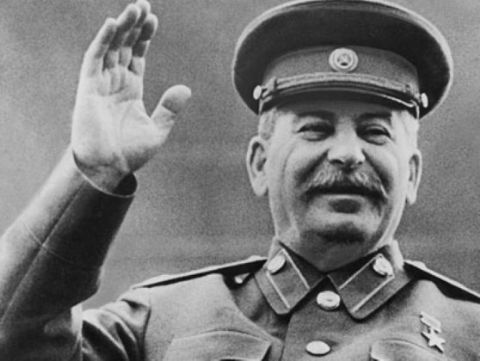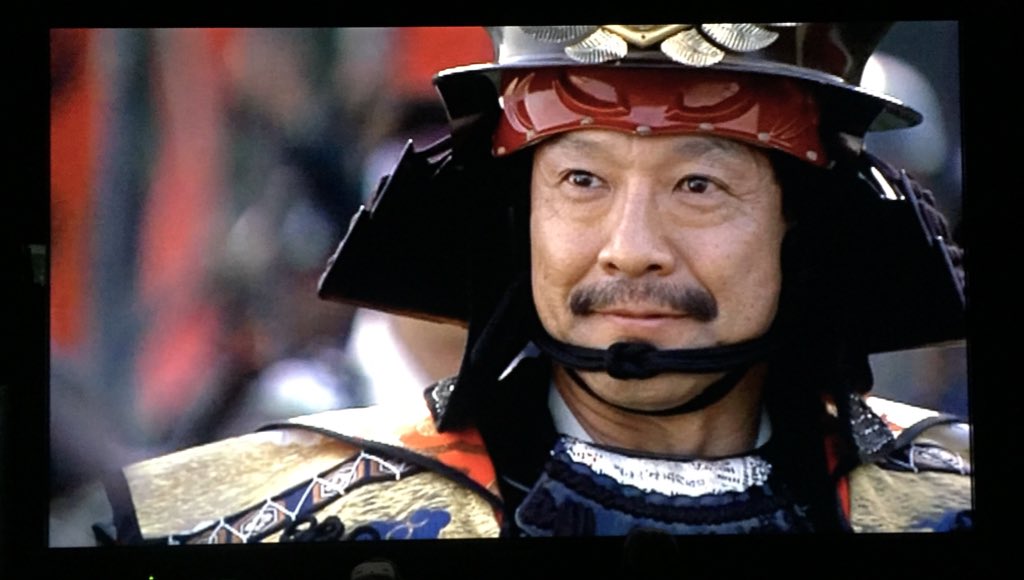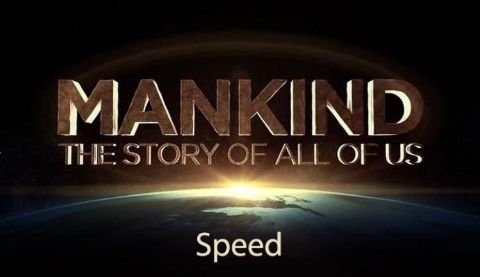Genius of the Ancient World • 2015 • 3 episodes •
Historian Bettany Hughes investigates the ideas of ancient philosophers, starting with the Indian nobleman Siddhartha Gautama, more popularly known as Buddha. Thought to have been lived and tought between the sixth and fourth centuries BC, the sage and holy man inspired a diverse belief system that influences the lives of millions of people to this day. She travels to India, where Buddha experienced the challenging ideas and extreme methods of wandering `truth seekers', after he had abandoned his family and homeland in the Himalayas to embark on his philosophical quest to find a solution to human suffering.
2015 • History
Bettany Hughes' series profiling the most celebrated thinkers of the Ancient world continues as she turns her attention to Socrates. Heading to Greece, she details how the Athenian philosopher secured a reputation as an influential maverick. She also highlights how his contributions as one of the founders of Western philosophy did not please his detractors, as his outspoken defence of his beliefs ultimately led to his execution.
2015 • History
Bettany Hughes' series exploring the lives and teachings of influential ancient philosophers draws to a close with a profile of Confucius, who is credited as the first Chinese thinker to take a systematic philosophical approach to issues of social, political and ethical importance. Born during the chaotic Spring and Autumn period of Chinese history, Confucius believed that harmony could be promoted and achieved through the examples of sage rulers. He was also a innovative teacher, and tried to instill his principles of moral excellence in China's elite, but died without seeing his vision for his nation come to pass. However, his philosophies would eventually form the bedrock of Chinese culture, with many of his principles of tradition surviving to this day.
2015 • History




